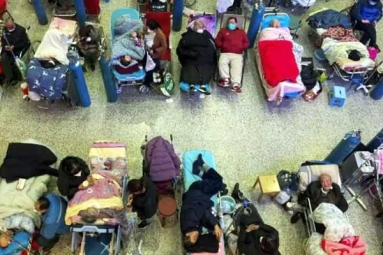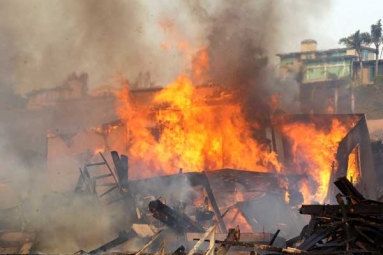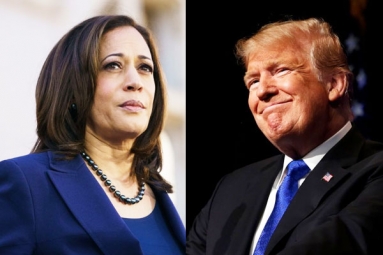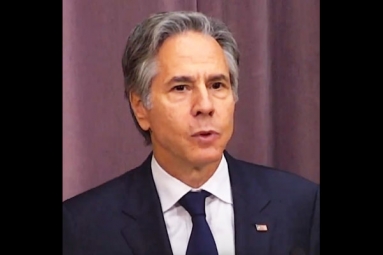Is Religious Freedom Only for Some?, Asks Arizona Muslims with Travel Ban Upheld
June 27, 2018 10:33
(Image source from: Episcopal News Service)
Arizona Muslims criticized the Supreme Court's decision on Tuesday upholding the United States President Donald Trump's travel ban, saying the move validated Islamophobia as "an acceptable form of bigotry" in a country founded on religious liberty.
The combative 5-4 vote overturned a series of lower-court rulings, rubber-stamping limitations on travel from Iran, Libya, Syria, Yemen, Somalia, Venezuela and North Korea. Five of the seven countries are majority-Muslim nations.
"This decision is really telling people who are members of minority religions that they're outsiders," said Suzanne Bassal of the Arizona Muslim Alliance. "It allows the Trump administration free reign to continue to discriminate.
"This violates equal protection. This violates freedom of religion. And make no mistake about it, this impacts all of us," she said.
A 20-year-old Naruro Hassan, a Somali refugee, said she felt "displaced" after the judgment, contempt of having created a life in the Valley as an Arizona State University student. She said the prohibition attacks the essence of who she is and what she believes, making her feel like a stranger in her new home.
"I have been grateful for this country, I am grateful, still, but I feel fear," she added. "My dad is in Ethiopia right now, and we were trying to bring him here. We got the visa, we got everything, but he's unable to come now.
During the campaigning president indeed promised to ban Muslims and has continued to tend anti-Muslim persuasion since taking office, behavior the four dissenting justices said indicted "religious animus" behind the travel prohibition.
The Supreme Court's ruling could also embolden the president to carry out the further border and immigration restrictions, analysts said.
"Our country will always be safe, secure, and protected on my watch," Trump said.
Rep. Ruben Gallego, a Democrat, decried the decision as "a disappointing and dangerous outcome that undermines our core values of religious liberty and inclusion." He said the ban "casts a wide net of bigotry across an entire region, endangering people who are fleeing terrorism and fueling the recruitment and propaganda machines of groups like ISIS."
The order signed led to chaos and protests at airports around the country. It prohibited entry of people for a period of 90 days from Iraq, Libya, Iran, Somalia, Syria, Sudan, and Yemen and indefinitely halted conveyance of refugees from Syria's civil war.
By Sowmya Sangam






















